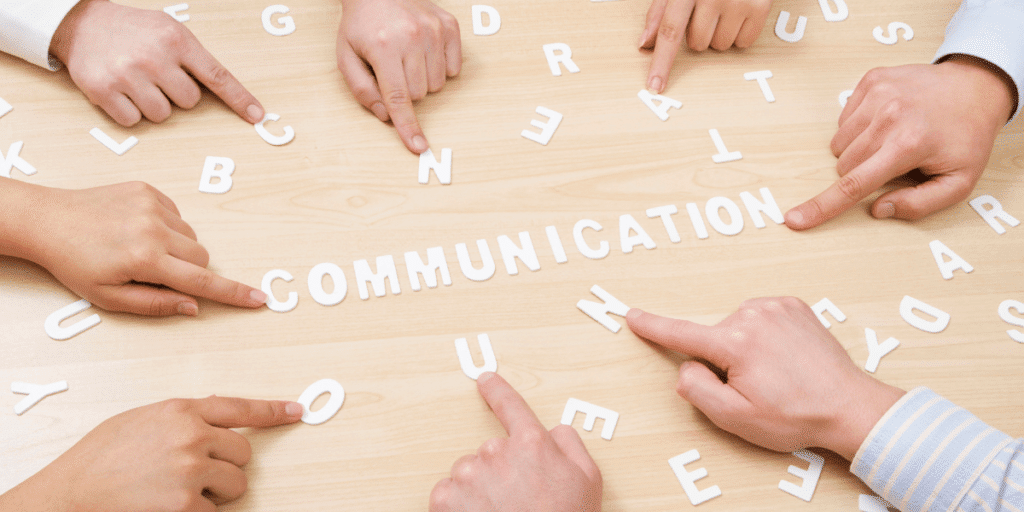Effective communication is essential for success in both personal and professional settings. Whether you are trying to persuade someone to your point of view, negotiate a business deal, or simply build stronger relationships, being able to communicate effectively can make all the difference. Here are seven tips for improving your communication skills:
- Listen actively: Effective communication starts with active listening. When someone is speaking to you, make an effort to really hear what they are saying, rather than just waiting for your turn to talk. Show that you are listening by asking questions and providing feedback, and avoid interrupting or getting distracted.
- Speak clearly and concisely: When it is your turn to speak, be clear and concise in your message. Use simple language and avoid jargon or technical terms that others may not understand. Make sure your message is focused and to the point, and avoid rambling or getting sidetracked.
- Use body language: Nonverbal cues, such as facial expressions and body language, can play a powerful role in communication. Use eye contact and appropriate gestures to reinforce your message and show that you are engaged and interested in the conversation.
- Be empathetic: Empathy is the ability to understand and relate to the feelings of others. When communicating with others, try to put yourself in their shoes and consider their perspective. This can help you to be more sensitive to their needs and concerns, and can lead to better outcomes for everyone involved.
- Be open-minded: Effective communication requires an open-minded approach. Be willing to consider different viewpoints and ideas, even if they conflict with your own. This can help to foster a spirit of collaboration and creativity, and can lead to new and innovative solutions to problems.
- Practice active feedback: Providing feedback is an important part of effective communication. However, it is important to do so in a way that is constructive and supportive. Rather than criticizing or blaming others, focus on specific behaviors or actions that can be improved, and provide actionable suggestions for how to do so.
- Seek to clarify: Misunderstandings and miscommunications can happen even in the best of conversations. When in doubt, seek to clarify any confusion by asking questions or restating what you have heard. This can help to ensure that everyone is on the same page and can lead to more productive and effective communication.
By implementing these seven tips, you can improve your communication skills and become a more effective communicator in both personal and professional settings. Remember that effective communication is a two-way street, and requires both listening and speaking skills. With practice and persistence, you can become a more skilled and confident communicator, and achieve greater success in all areas of your life.












